Predicting the biggest PC gaming stories of 2016
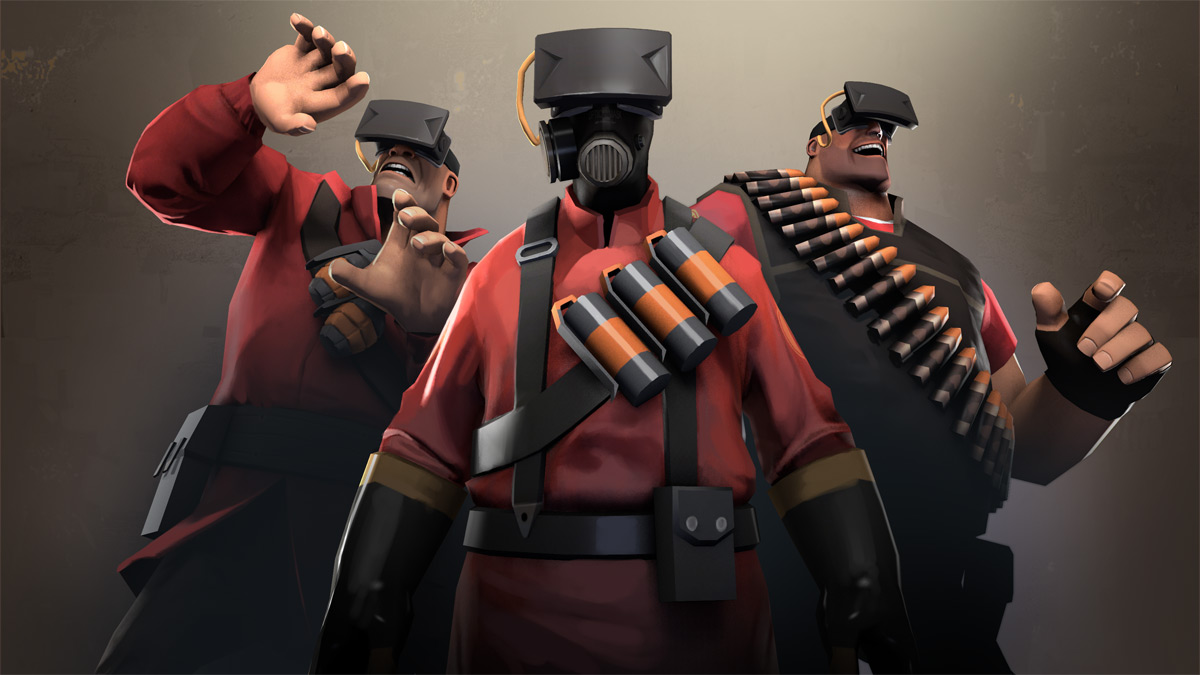
As we start the new year, we’re thinking about the kind of stories we should be prepared to cover for the next 12 months. How much will VR actually matter? What will the big games be? Who’s going to disrupt the desk chair market? We've done some speculating and come up with a few informed predictions (yes, “guesses”) at how 2016 will unfold. So with the caveat that we aren't yet wizards, despite all our training, here's what we expect to make headlines this year—not including the obvious big releases, and the given that we'll be writing about XCOM 2 mods nonstop.
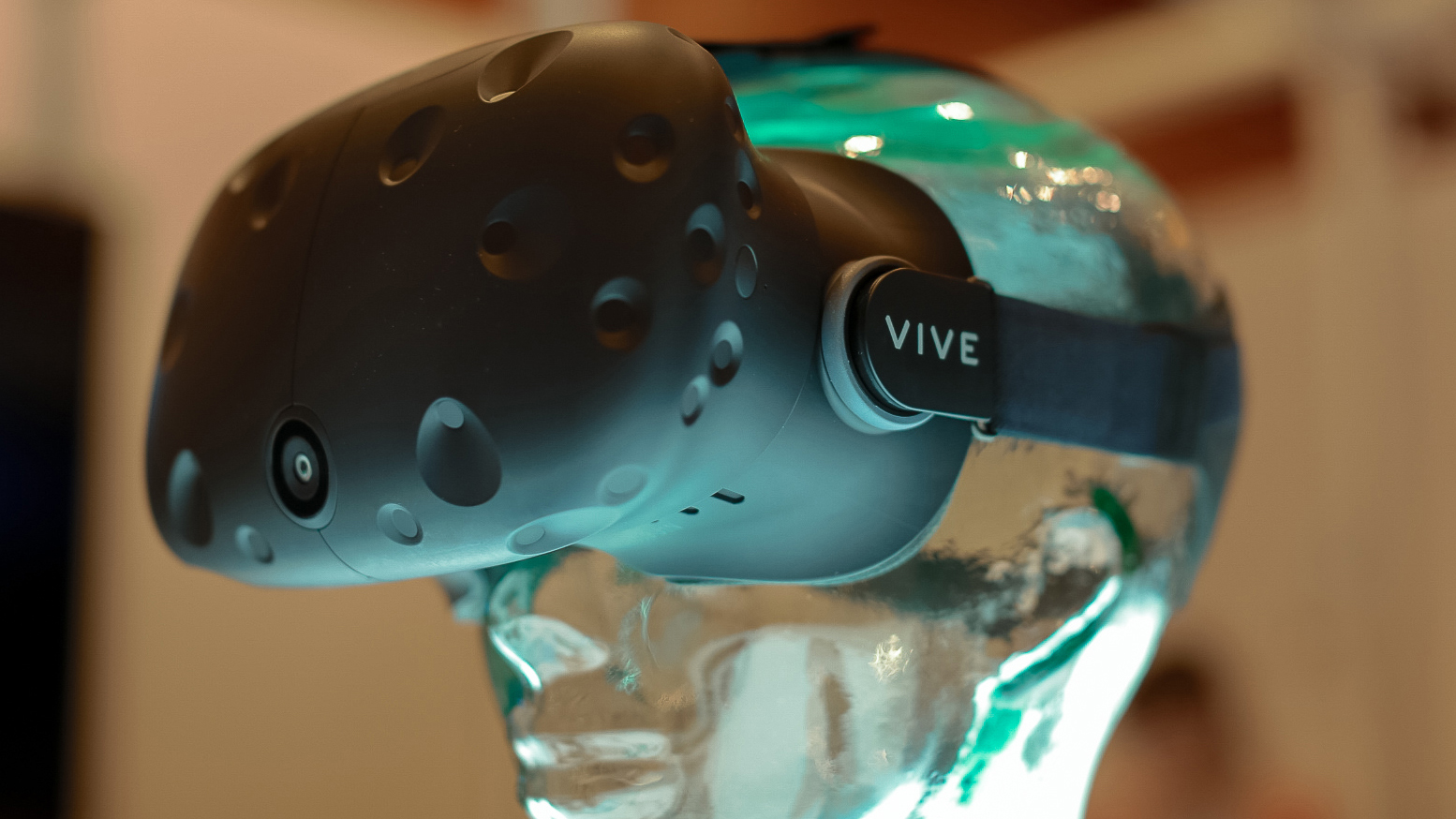
Your rich friend’s VR headset
2016 won’t be the ‘year of VR’—it’s looking a bit too pricey to leap into mainstream gaming just yet—but the Oculus Rift and HTC Vive will be out there. They’ll be at your friend’s house, or at your friend’s friend’s house, and there’s going to be that one game that you just have to try.
That game is probably one we haven’t even heard of yet. I don’t expect it to be Eve Valkyrie (we have speculated as much already, but I love to contradict our own predictions) or Lucky's Tale, the games that come with the Rift, because they feel too traditional—they don’t need to be in VR. The VR ‘killer app’ (about 20 games will be declared ‘killer apps’ throughout the year) will be a game that wouldn’t work outside of VR, that can’t easily be compared to traditional games. It’ll be one of those surprising little experiences that gets everyone talking, like Undertale or The Beginner’s Guide last year.
However much we talk about it, though, VR won’t carve out any huge portion of PC gaming this year, preferring a gentler ramp over the next few years. We are going to talk about it lots, though, and here are a few of the reasons:
• VR is cool.
• A lot of developers, big and small, will announce VR projects, planning to capitalize on them in 2017 or 2018.
• Someone is going to spend way too long with a headset on and document the effects (saw this moments after writing this, so, one down).
• Someone is going to build a room that looks like a holodeck for their HTC Vive.
• Someone is going to get hurt or break something. Remember the joy of all those Wiimote-through-TV-sad-child-angry-dad photos?
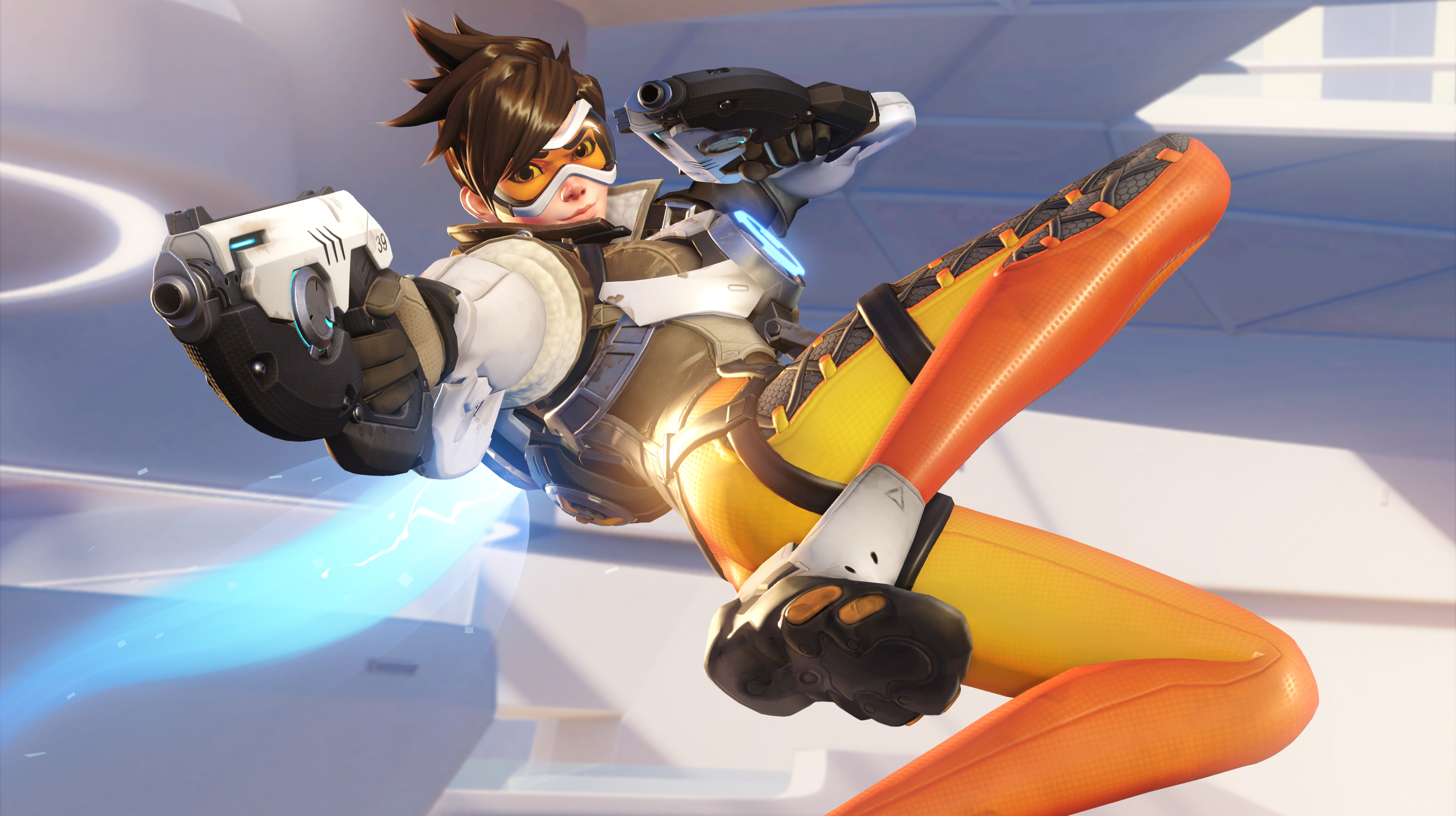
The battle between the new-school shooters
“Oh, great, another shooter,” was a fun thing we used to say years ago, but then “shooter” became “MOBA.” This year, we get to say both! With Doom, Unreal Tournament, Paragon, LawBreakers, Battleborn, Paladins, and Overwatch in development, multiplayer arena and objective-based shooters are clearly hot. Shooters are stylish again (albeit often with a lane-pushing twist), they’re coming from all directions, and as a result the usuals are looking pretty stale. Call of Duty: Black Ops 3, Battlefield Hardline, and Battlefront were all fine last year, but it’s games like Squad that are occupying the interesting new cultural space on PC.
And some of them will flounder. Doom can sell itself on marketing and pedigree, sure, but that doesn’t protect it from selling a bunch and then being abandoned—oh, sweet Evolve, how you tried. At least one of these games—probably more—will flop against the dominance of CS:GO, TF2, and survival games like H1Z1 and Ark: Survival Evolved. Likewise, one of them’s going to get very big, and we’ll still be talking about it this time next year. My money’s on Overwatch.
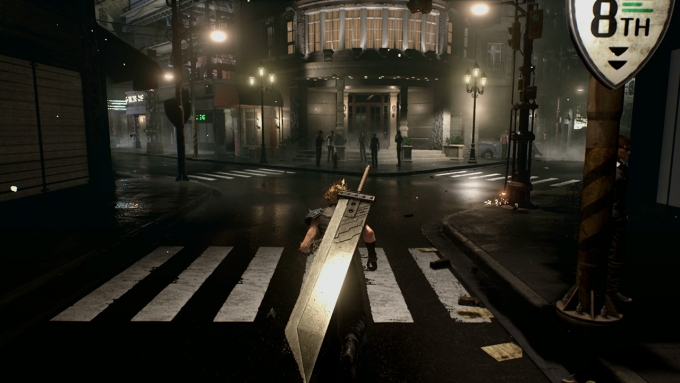
Japan continues to embrace PC gaming
When Metal Gear Solid V was announced, we assumed by default that a PC release wasn’t on the table. Last year, it won our overall Game of the Year award. In the course of a few years, we’ve gone from being surprised when a Japanese game releases on PC to being surprised when it doesn’t.
Even Microsoft is joining in, as we learned recently that ReCore, the MS published game from Keiji Inafune’s Comcept studio and Armature Studio, will make it over to Windows 10. We’ll be surprised if Square Enix’s Final Fantasy VII remake doesn’t release on PC, too. The story, really, is that this is going to stop being a story: fewer fan petitions, more Japanese games as standard on PC.
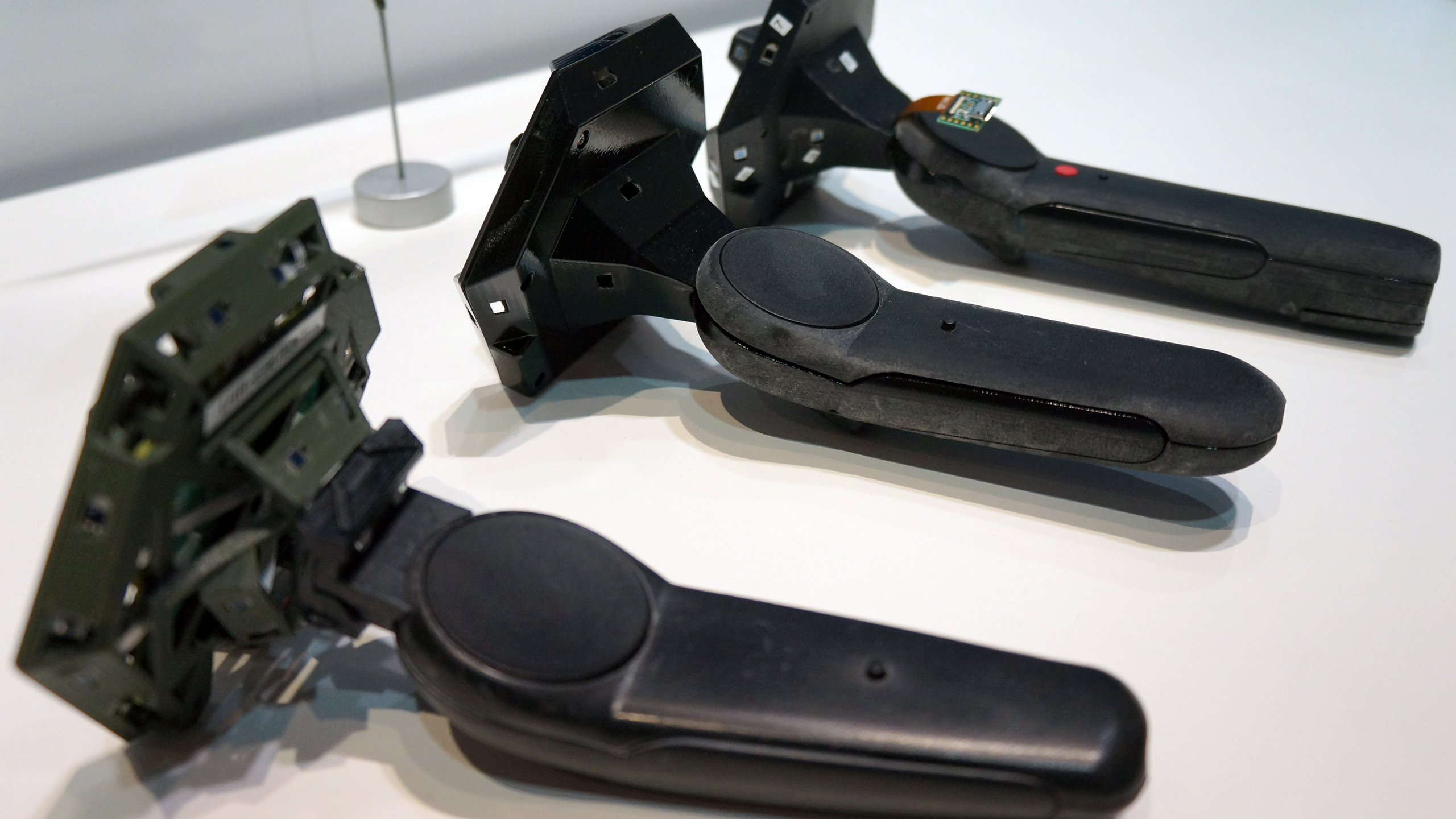
Valve will spring a surprise or two by the end of the year
Valve has a lot to do. It’s busy building a virtual reality platform and other hardware, an operating system, maintaining some of the most popular games in the world, and running the most popular PC games distributor. I don’t expect any new projects in the first half of this year, outside of some Steam updates (the whole thing is way overdue for a full redesign) and maybe some revisions to the Greenlight process. It’s possible Source 2 will get a release date at GDC, but the HTC Vive will absorb most of the energy.
But the end of the year could be exciting. Once SteamVR is off the ground, the focus will be on maintaining a fresh stream of VR games and applications to keep early adopters feeling happy about their purchase. That’s when we could see a new game announcement. That’s right: RicochetVR.
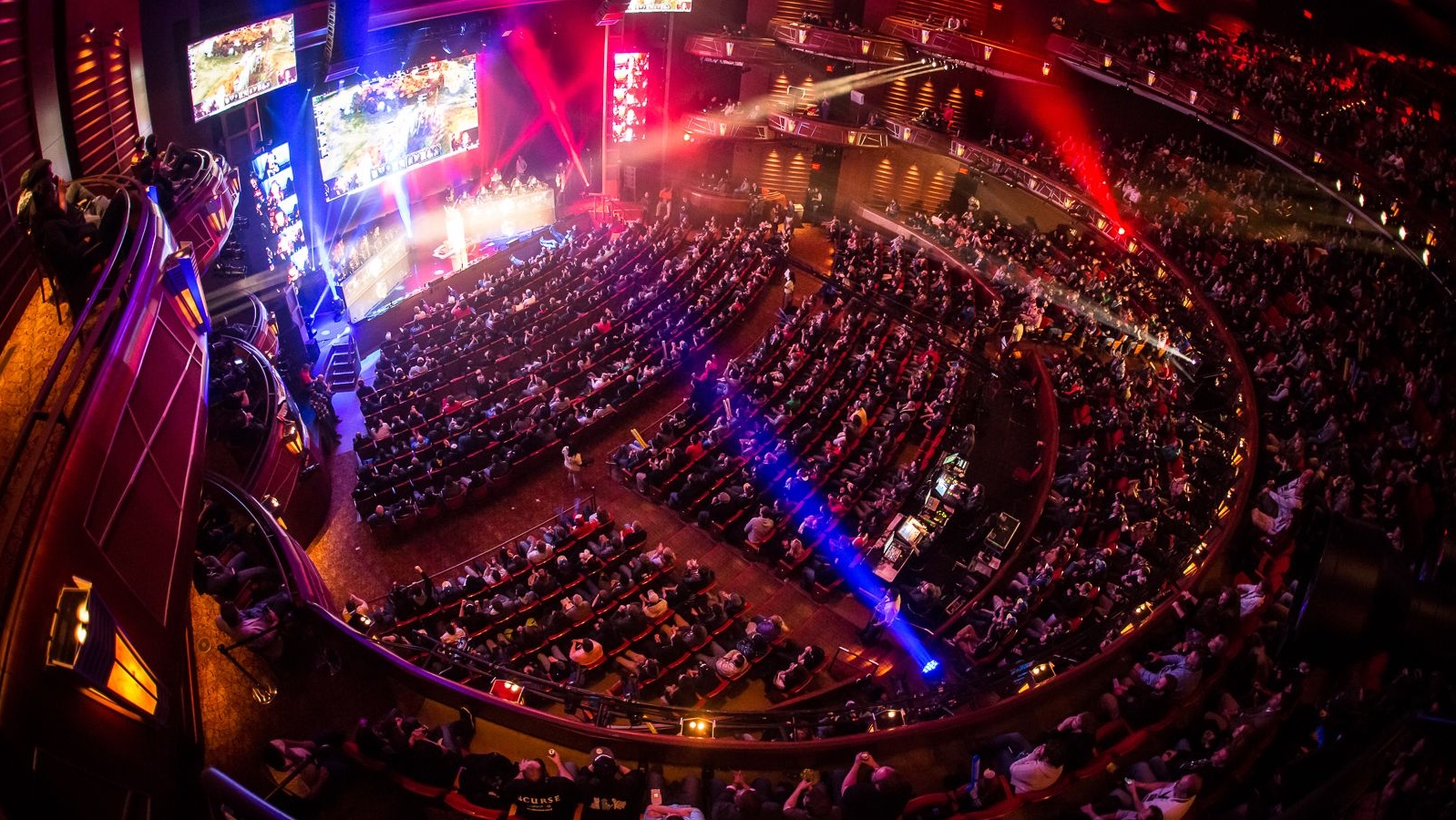
Esports enters its next phase
This year, TBS is going to start broadcasting pro Counter-Strike tournaments on Friday nights. There’s no need to reinforce the notion that, yes, esports are a big deal (they just are at this point), but they’re soon to become a much bigger deal—one analysis predicts $1.9 billion in revenues by 2018. With that in mind, the key story this year will be about maturation. We’ll see better resources for tracking players and teams, better-produced broadcasts, and more regulation to protect players and the integrity of competitions. The flipside is that there will be more match fixing stories and more drug testing, too.
Fantasy esports will explode, and gambling around esports will become increasingly common. There’ll be drama. That will never go away (it hasn’t gone away in traditional sports, anyhow), but there will also be a lot more scrutiny on the companies running events, and, I think, a lot of interest in how sports law applies to esports players. In 2013, for instance, the United States issued pro athlete visas to League of Legends players, and last year, several major teams formed a union—albeit a fairly unpopular one. Expect many more developments on those fronts in the coming years. (Also, expect to see a lot of Activision Blizzard games on MLG.)
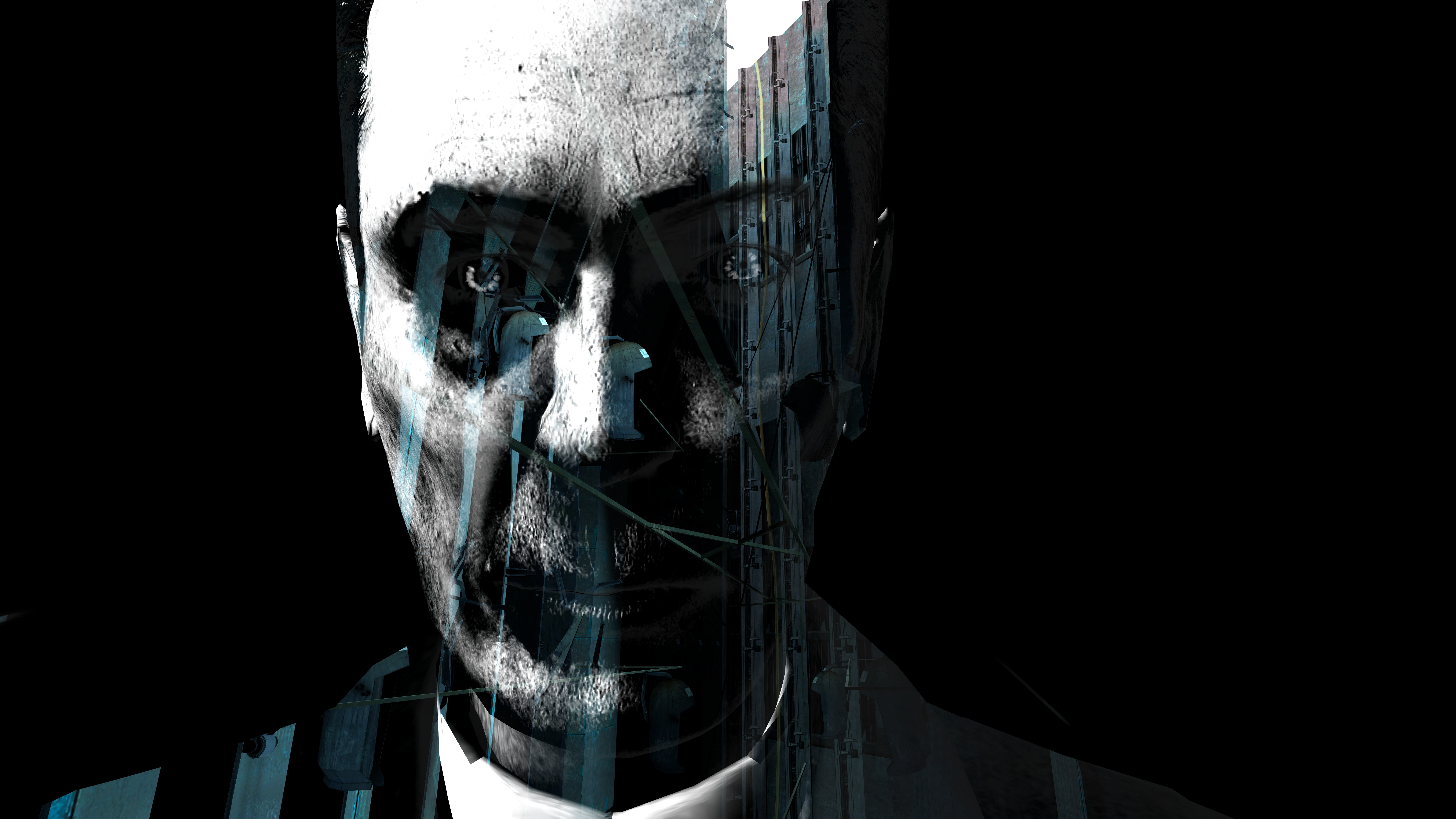
And a few bolder predictions...
As we got all this speculation out of our systems, we were left with some remaining futureinos (a vitamin that promotes healthy kidney function and speculative articles in January) to burn off. So here are a few more leftfield entirely possible predictions:
• The next Destiny game will dump old-gen consoles and come to PC.
• Rockstar will revisit a much loved classic from its back catalog.
• We’ll all forget about that Twitch Bob Ross marathon, but it will again be the highlight of October.
• Nvidia’s high-end graphics card will be the biggest performance leap in years, but cutting-edge production will mean low supply and prices that make the Oculus Rift look cheap.
• Blizzard will make substantial changes to one of its most loved games.
• Breaking the fourth wall will go out of style, then surge back into style in VR games. By 2018, 80 percent of games will be incessantly self-referential.
• The words “indie” and “triple-A” will finally stop being used as genre descriptors. (We can dream.)
• Ubisoft will take a year off from Assassin’s Creed in 2016, but it’ll leak that they have four Assassin’s Creed games planned for Q1 2017.
• Valve will release a game*
*-ification of Steam customer service requests.

Tyler grew up in Silicon Valley during the '80s and '90s, playing games like Zork and Arkanoid on early PCs. He was later captivated by Myst, SimCity, Civilization, Command & Conquer, all the shooters they call "boomer shooters" now, and PS1 classic Bushido Blade (that's right: he had Bleem!). Tyler joined PC Gamer in 2011, and today he's focused on the site's news coverage. His hobbies include amateur boxing and adding to his 1,200-plus hours in Rocket League.

